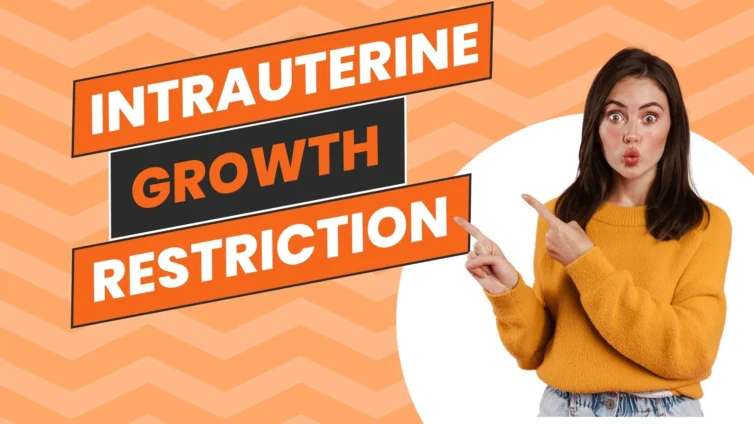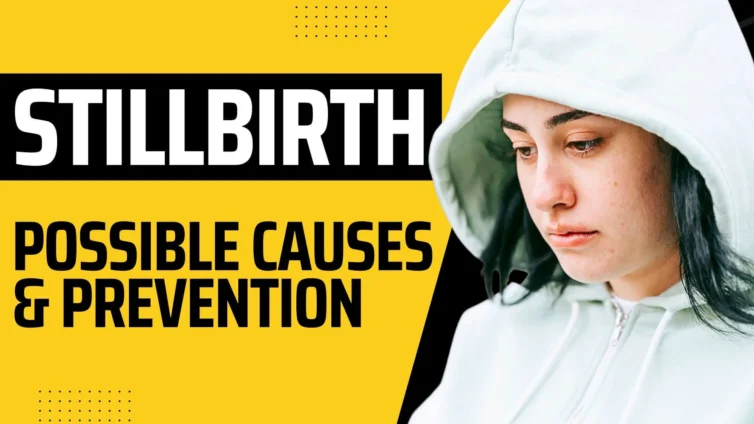
Indulging in a glass of wine or a pint of beer may seem like a harmless pleasure for many. However, when it comes to a pregnant woman or someone trying to get pregnant, that seemingly innocent drink can hold serious implications for the baby’s health. This article delves into the topic of alcohol and pregnancy, revealing the hidden risks and offering guidance on abstaining from alcohol during this crucial time.
The Consequences of Drinking Alcohol During Pregnancy
Every sip of alcohol a pregnant woman takes is shared with her baby. Alcohol, being a teratogen – an agent that can cause or alter the development of the fetus causing birth defects – is quickly passed on to the baby through the bloodstream, potentially leading to lasting consequences. The problems can range from minor developmental delays to severe physical and cognitive disabilities, spanning a broad spectrum of potential harm.
The extent of these issues can vary depending on the amount of alcohol consumed and the time during pregnancy when the consumption occurs. However, it’s important to understand that no amount of alcohol has been established as safe during pregnancy. Alcohol is a potent substance that can disrupt fetal development at any stage, which makes it especially harmful during the crucial period of pregnancy.
How Alcohol Affects the Baby During Each Trimester

Alcohol can have damaging effects on a baby throughout pregnancy. During the first trimester, when some women might not yet know they are pregnant, drinking alcohol can cause physical abnormalities in the baby. During the second and third trimesters, alcohol can affect the baby’s brain development.
Even in the later stages of pregnancy, when the baby’s organs have developed, alcohol consumption can still be harmful. It can disrupt the growth of the baby’s cells and impact their development, leading to learning and behavioral problems that may become apparent as the child grows.
Understanding Fetal Alcohol Spectrum Disorders
Fetal alcohol spectrum disorders (FASDs) is an umbrella term that encompasses a range of conditions that can occur in a person whose mother drank alcohol during pregnancy. These effects can include physical problems such as growth deficiencies and facial abnormalities, behavioral issues like hyperactivity, and learning disabilities such as poor memory, attention deficits, and problem-solving difficulties.
Among these disorders, Fetal Alcohol Syndrome (FAS) is the most severe form, involving significant physical abnormalities, profound learning difficulties, and behavioral problems. A child with FAS may have distinctive facial features such as small eyes and a thin upper lip, along with severe cognitive and developmental problems. The condition is lifelong, emphasizing the importance of avoiding alcohol during pregnancy.
How Much Alcohol is Too Much?

The question of a ‘safe’ amount of alcohol during pregnancy is frequently asked by pregnant women. The truth is, no level of alcohol has been proven to be safe during pregnancy. Even moderate alcohol consumption during pregnancy has been linked with miscarriage, stillbirth, and prematurity.
In the absence of a known safe amount of alcohol, complete abstinence from alcohol is recommended by healthcare professionals. This is primarily because alcohol passes from your blood through the placenta and to your baby, causing potential harm. It can interfere with the baby’s ability to get enough oxygen and nourishment for normal cell development in the brain and other body organs.
The Risk of Drinking Early in Pregnancy
Many women may unknowingly drink alcohol early in pregnancy before they realize they’re pregnant. This is a cause for concern because the first three months of pregnancy are a critical period for fetal brain development. Drinking during this time can be especially damaging.
If you drank alcohol before you knew you were pregnant, it’s important not to panic. The best course of action is to stop drinking as soon as you find out about your pregnancy. It’s never too late to stop drinking, and doing so at any point during pregnancy can help improve outcomes for your baby.
The Role of Binge Drinking in Fetal Alcohol Syndrome

Binge drinking, often defined as consuming four or more drinks on one occasion, can be especially harmful during pregnancy. It leads to higher levels of alcohol in your blood, and therefore in your baby’s blood, significantly increasing the risk of FASD. Binge drinking during pregnancy can lead to the worst outcomes for the baby, including severe impairments that last a lifetime.
The effects of binge drinking can be more profound due to the peak blood alcohol concentrations that occur in these situations. These high levels can be particularly harmful to the developing brain of the fetus, leading to the severe mental disabilities associated with FASD.
The Risks of Low to Moderate Alcohol Consumption During Pregnancy
While heavy drinking during pregnancy is widely recognized as dangerous, the risks associated with low to moderate alcohol consumption are less well-known. However, studies have indicated that even light drinking can increase the risk of miscarriage, stillbirth, and low birth weight. Even small amounts of alcohol can interfere with a baby’s brain development.
It’s also important to remember that every person metabolizes alcohol differently, so what may seem like a moderate or low amount can affect different individuals – and different babies – in different ways. Therefore, the safest choice is to abstain from alcohol entirely during pregnancy.
How to Stop Drinking During Pregnancy

Stopping drinking can be challenging, especially for those accustomed to regular consumption. Yet, the stakes are high, and quitting becomes vital as soon as you become aware of your pregnancy. The key is to seek support and make use of available resources.
Counseling services, addiction specialists, self-help groups, and rehabilitation programs are some of the options available for those who need help to stop drinking. Reach out to a trusted healthcare professional who can guide you through this process and provide the support needed. Remember, it’s never too late to stop drinking, and any reduction can make a difference in your baby’s life.
:
Key Takeaways
1. No amount of alcohol is considered safe for consumption during pregnancy. The safest course is complete abstinence.
2. Drinking alcohol during pregnancy can result in a range of disorders known as Fetal Alcohol Spectrum Disorders (FASD), with Fetal Alcohol Syndrome (FAS) being the most severe.
3. Binge drinking and drinking early in pregnancy can lead to the worst outcomes for the baby, including severe impairments that last a lifetime.
4. Even low to moderate alcohol consumption during pregnancy can increase the risk of miscarriage, stillbirth, low birth weight, and can interfere with a baby’s brain development.
5. Help is available for those struggling to stop drinking. Reach out to healthcare professionals for support and resources.
Final Thoughts
Drinking alcohol during pregnancy is a risk not worth taking. Even moderate or light consumption can result in severe and irreversible consequences for the baby’s development and health. Given the gravity of these risks, it’s important that pregnant women or those trying to become pregnant abstain from alcohol entirely. For those who are struggling, remember that help is available – healthcare professionals can provide valuable support and resources to aid in your journey to an alcohol-free pregnancy.
Recommended Reading: The Pregnancy Lifestyle: Healthy Habits for Expectant Mothers
If you found this article helpful, please share it with your friends on WhatsApp, Facebook, or Twitter using the buttons above or below the article.
Frequently Asked Questions (FAQs)
Can I drink alcohol during pregnancy?
No, it’s safest to avoid all alcohol during pregnancy. Any amount of alcohol can potentially harm the developing baby.
Is there a safe amount of alcohol to consume during pregnancy?
No, there’s no known safe amount of alcohol that can be consumed during pregnancy. It’s best to abstain entirely.
What are the risks of drinking alcohol while pregnant?
Drinking alcohol during pregnancy can lead to Fetal Alcohol Spectrum Disorders (FASD), including severe impairments such as Fetal Alcohol Syndrome (FAS).
I drank alcohol early in my pregnancy before I realized I was pregnant. What should I do?
Stop drinking as soon as you find out you’re pregnant. Discuss this with your doctor who can provide guidance and support.
What help is available if I’m struggling to stop drinking during pregnancy?
Numerous resources exist to help you stop drinking, including healthcare professionals, support groups, and national alcohol helplines.
Can low alcohol consumption still affect my baby?
Yes, even low alcohol consumption can increase the risk of miscarriage, stillbirth, and can affect the baby’s brain development.
Can alcohol consumption lead to long-term harm to my baby?
Yes, alcohol can lead to long-term impairments in your child, including learning difficulties, behavioral problems, and physical abnormalities associated with FASD.





